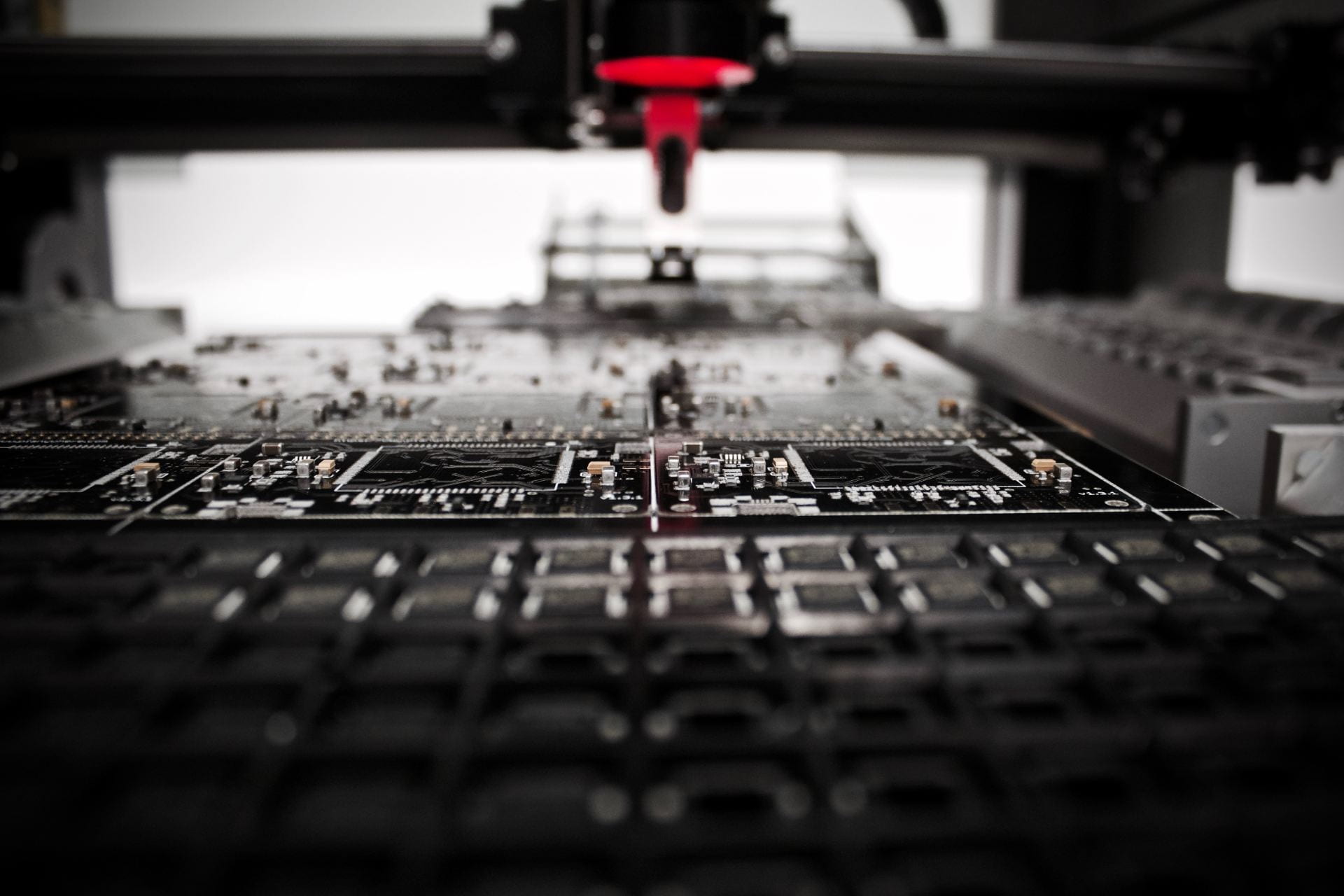Sarah Walsh presented her paper ‘Mental Models of AI Performance and Bias of Nontechnical Users’ at the 2023 IEEE International Conference on Systems, Man, and Cybernetics (SMC). This work investigates users’ mental models of an AI-decision aid. The paper details an experiment designed within the ‘Disaster Relief’ experimental environment.
Divya passes Thesis Proposal
11/11/2022: Divya Srivastava, 5th year Mechanical Engineering student, successfully proposed her PhD thesis entitled ‘Transparency and Operator Performance in Human-Autonomy Teams.’ Summary: Human-autonomy teams aim to leverage the different strengths of humans and autonomous systems respectively to exceed the individual capabilities of each through collaboration. Highly effective human teams develop and utilize a shared mental […]
CEC PhD Students Win 1st and 2nd Place Doctoral Doctoral Research Awards at ICHMS 2022
The 2022 IEEE International Conference on Human-Machine Systems (ICHMS), held in Orlando, Florida, conducted a Doctoral Research Award Competition (DAC) or doctoral research contributions. Contributions were ranked for both paper submissions and conference presentations by a conference review team. Two CEC Lab members won awards, Sarah Walsh (5th year Robotics PhD Candidate) and Divya Srivastava (5th year […]
IEEE International Conference on Systems, Man, and Cybernetics: Impact of Missing Information and Strategy on Decision Making (Best Paper Award)
Performance Decision makers frequently encounter environments without perfect information, in which factors such as the distribution of missing information and estimates of missing information significantly impact decision accuracy and speed. This work presents an experiment which modifies an environment with missing information (total information, option imbalance, cue balance) and examines user estimates of the missing […]
IEEE International Conference on Systems, Man, Cybernetics Presentation: Differentiating ‘Human in the Loop’ Decision Strategies
Recently, research by groups in academia, industry, and government has shifted toward the development of AI and machine learning tools to advise human decision-making in complex, dynamic problems. Within this collaborative environment, humans alone are burdened with the task of managing team strategy due to the AI-agent’s use of an unrealistic model of the human-agent’s […]
